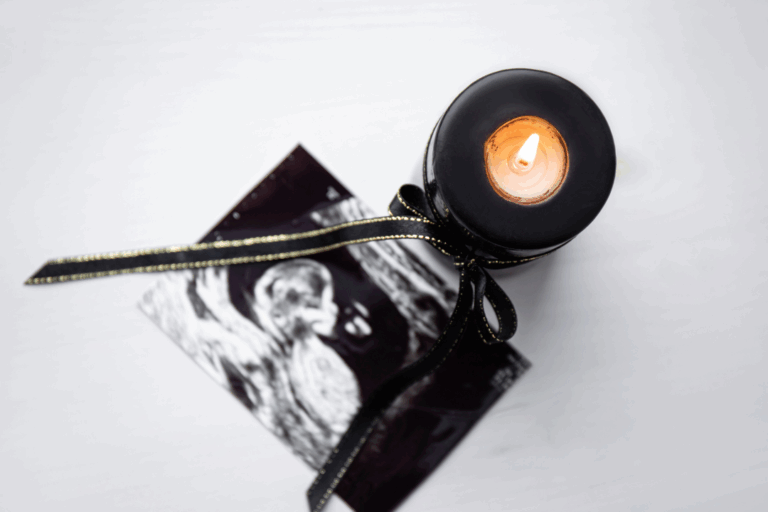Grief has many faces. We often associate it with death, with finality. But there is another kind of grief that is quieter, longer, and less acknowledged: the grief of parenting a child with a life-altering diagnosis.
When a baby is born, we all hold dreams, not just for ourselves as parents, but for the life our child will live. We imagine milestones met with joy, birthday parties filled with laughter, and an eventual independence that marks success. But for many parents, the journey is not what they imagined.
Tove’s daughter, Gray, was born into a complicated pregnancy and a longer-than-expected diagnostic journey. Gray was eventually diagnosed with Dup15q syndrome, a rare genetic disorder that affects development, communication, and motor function. Her family was thrown into a world of uncertainty; doctors, therapies, unfamiliar acronyms, and the heavy weight of the unknown.
There was no single moment of loss. Instead, it came in waves: when Gray missed her first milestones, when other children outpaced her growth, when the reality of her care needs set in. The grief was layered and ongoing. Tove described it as grieving the life she thought Gray would have, and the parenting journey she had imagined for herself and her partner.
This kind of grief is complex. It is not rooted in the absence of a child, but in the presence of a different reality. It is the quiet heartbreak of watching your child struggle. The ache of knowing the world may not be kind. The fear of your own limitations. The exhaustion. The resilience. The love that deepens even as your heart breaks.
And yet, within this grief, there is profound transformation.
What Grieving a Different Future Feels Like
Grief in this context can look like:
- Disappointment in unmet expectations.
- Anger at systems that don’t support your child.
- Isolation from friends and family who don’t understand.
- Fear of what the future may hold.
- Guilt for grieving when your child is here, alive, and deeply loved.
Making Space for Grief and Joy
You are allowed to grieve and love at the same time. In fact, most parents of children with complex needs do both every day.
Here are some ways to hold space for that duality:
- Acknowledge the loss: Say it out loud. It matters.
- Connect with other parents who walk a similar path.
- Seek professional help when the grief feels too heavy.
- Celebrate your child for who they are, not only who they might have been.
- Make new dreams different, but no less meaningful.
Tove often speaks of Gray’s determination, her cuddles (which she calls her superpower), and the joy she brings. These are the unexpected gifts that can only be seen once you stop chasing the original dream and begin embracing the one unfolding before you.
For Partners: Navigating the Grief Together
Partners may grieve differently. One might dive into research and action; the other may retreat. Communication can break down, or deepen. What matters most is staying connected. Talk openly about your fears, your sadness, your hopes. Rebuild your dreams together.
Letting Go and Holding On
Grieving the life you imagined isn’t about giving up, it’s about making peace with what is, and finding beauty in the life you’re living now. That doesn’t mean it’s easy. But it does mean you are not alone.
To every parent navigating the world of additional needs: Your grief is real. Your love is real. And you are doing an extraordinary job.
Grief and joy can exist side by side. So can love and longing. And within that tension, life continues often not as planned, but just as meaningful.




